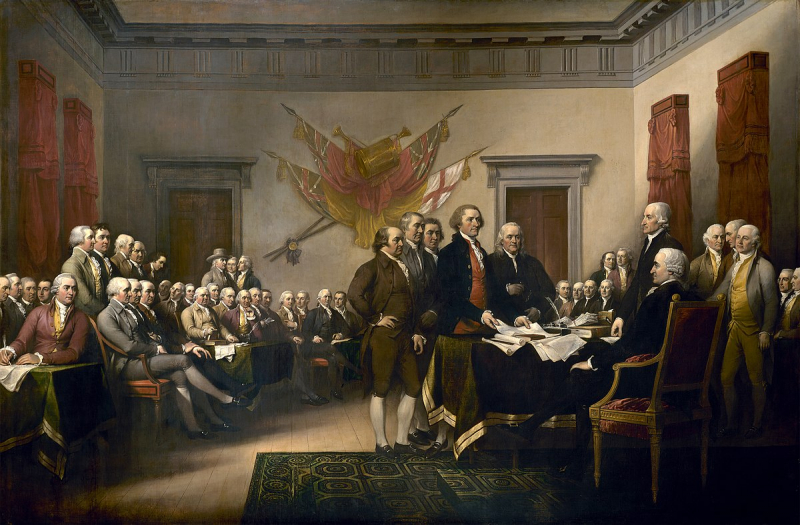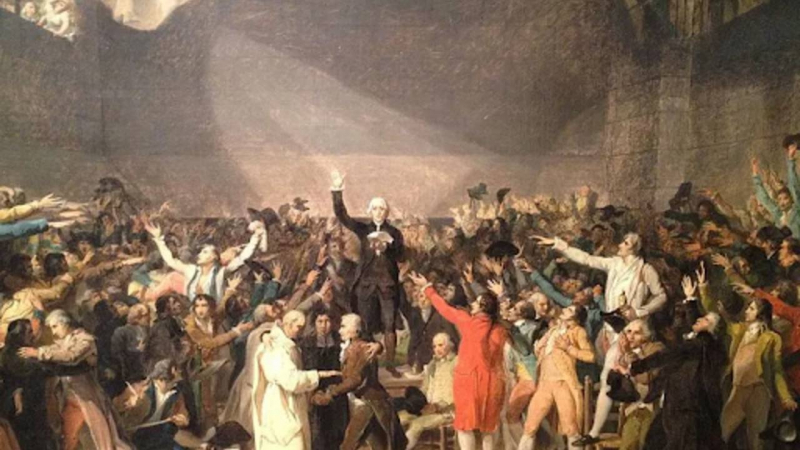Social Contract
Social contract theory entered both the American and French Revolutions. In both revolutions, social contract theory gave the people a reason to overthrow their monarchy. Because of this theory, the United States Constitution outlines elections for all offices as well as a way to remove a president from office if they are not doing their job. In France, the people believed that their monarchy did not honor the social contract and they overthrew it and replaced it with a republic. It was the idea that the government existed with the consent of the connection that led the revolutionaries to break free of Britain. From slavery to women's rights, from religious life to voting, American attitudes would be forever changed. Some changes would be felt immediately. Slavery would not be abolished for another hundred years, but the Revolution saw the dawn of an organized abolitionist movement. Therefore, the social contract becomes one of the enlightened ideas inspired by the American revolution.
John Locke's critical concept of the social contract, the natural and inalienable rights, and that men were born free and equal served the colonists as a basis to justify their revolutionary thoughts and independence. The social contract has helped politically or revolutions, especially in the American revolution. The social contract was divinely empowered against the idea that monarchs were divinely empowered to legislation. The changes brought by the revolution may bring a new set of social relationships, a new culture, a new political system, or a new technology. Therefore, revolution triggers overall changes in a social system, John Locke held that the obligation to obey civil government under the social contract was conditional upon the protection of the natural rights of each person, including the right to private property. Sovereigns who violated these terms could be justifiably overthrown.









